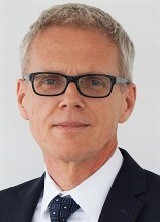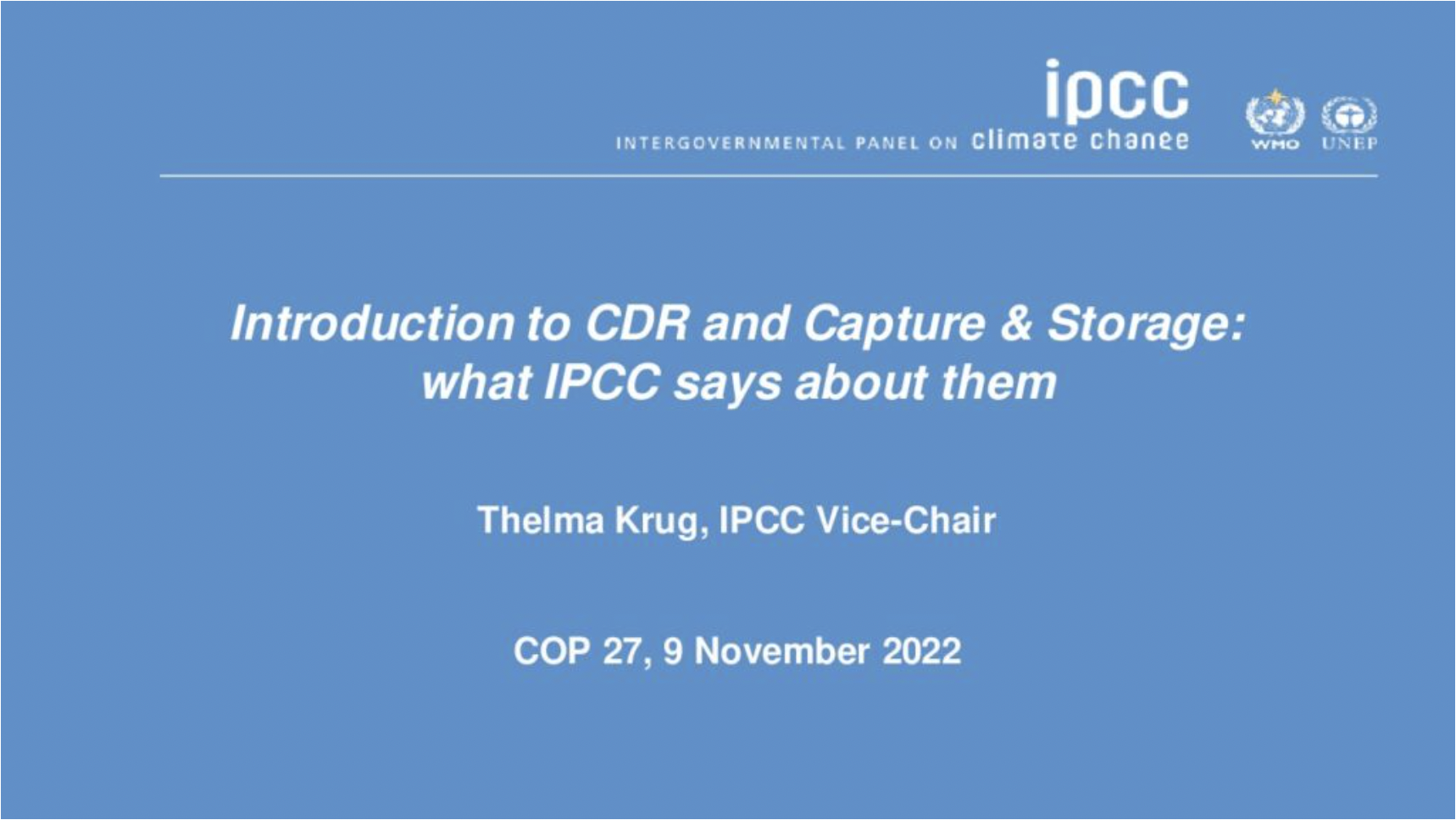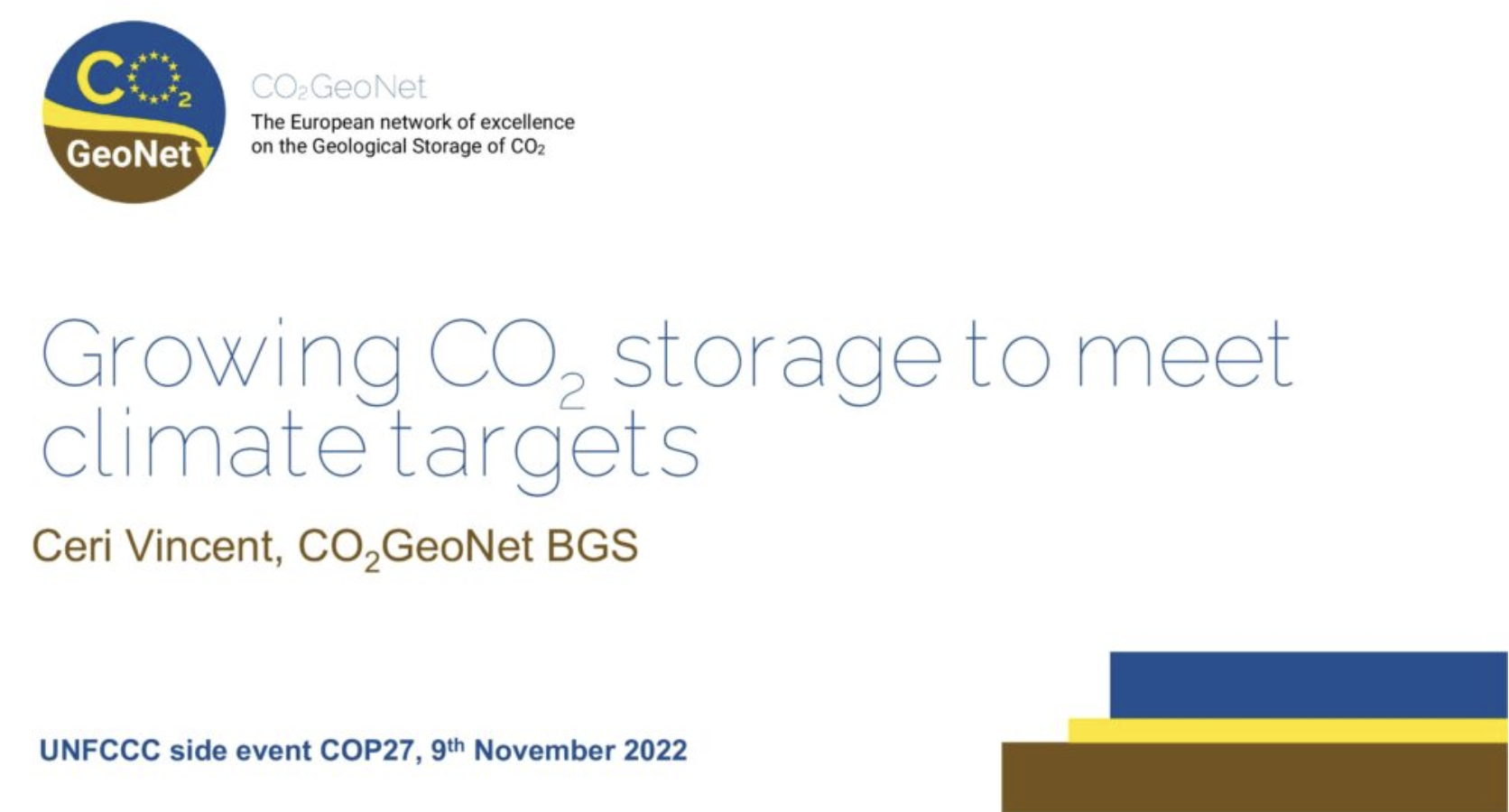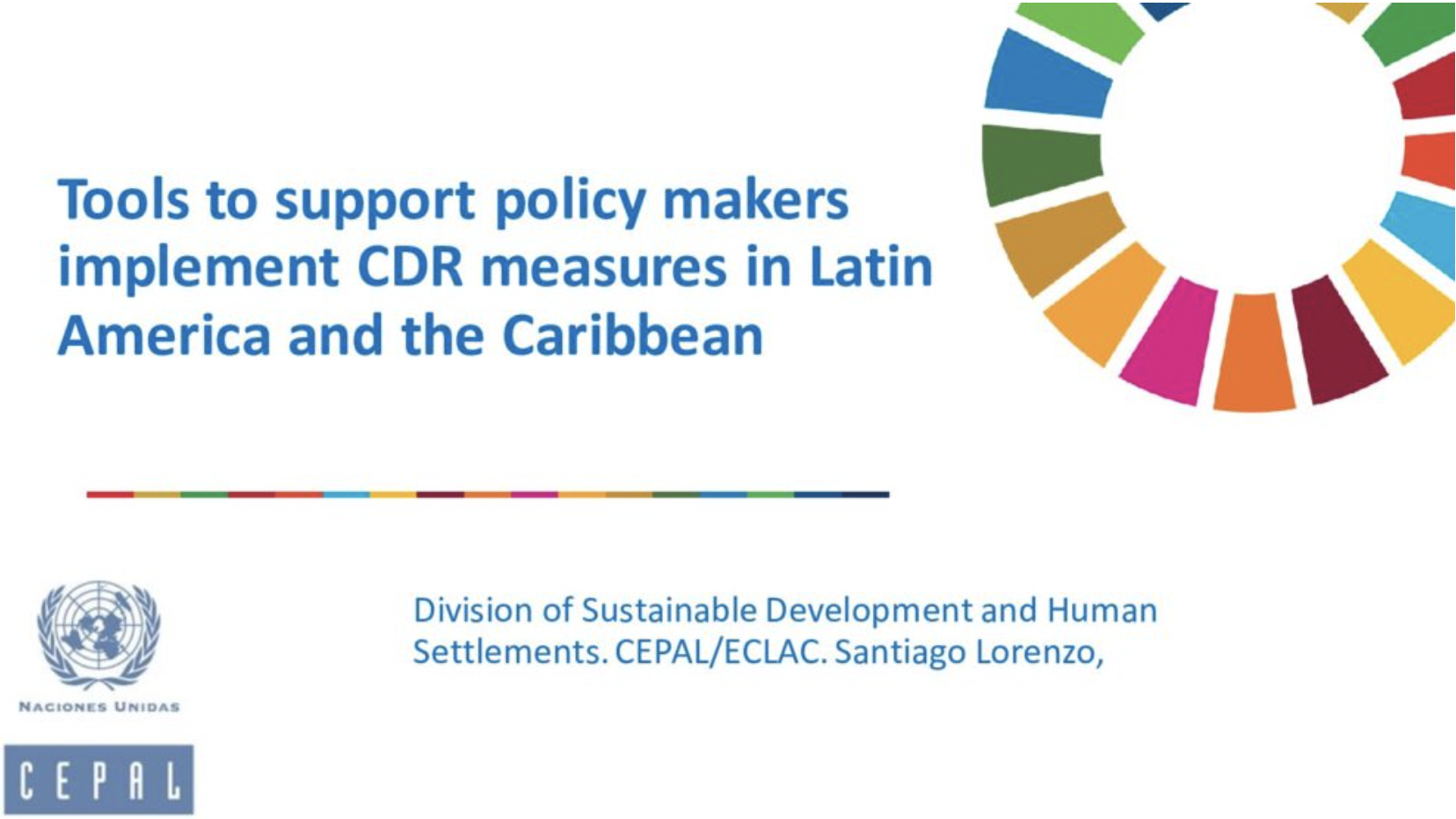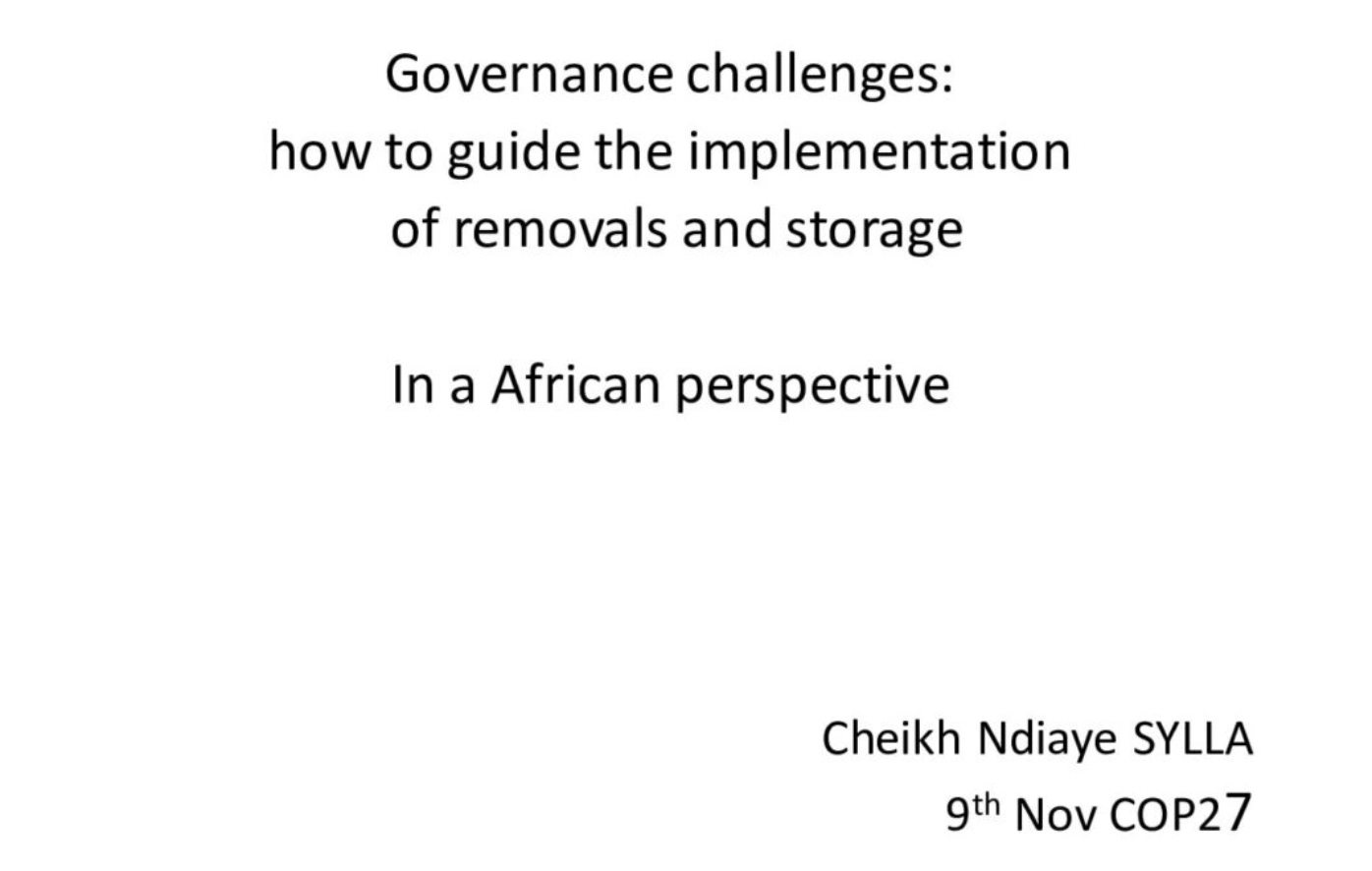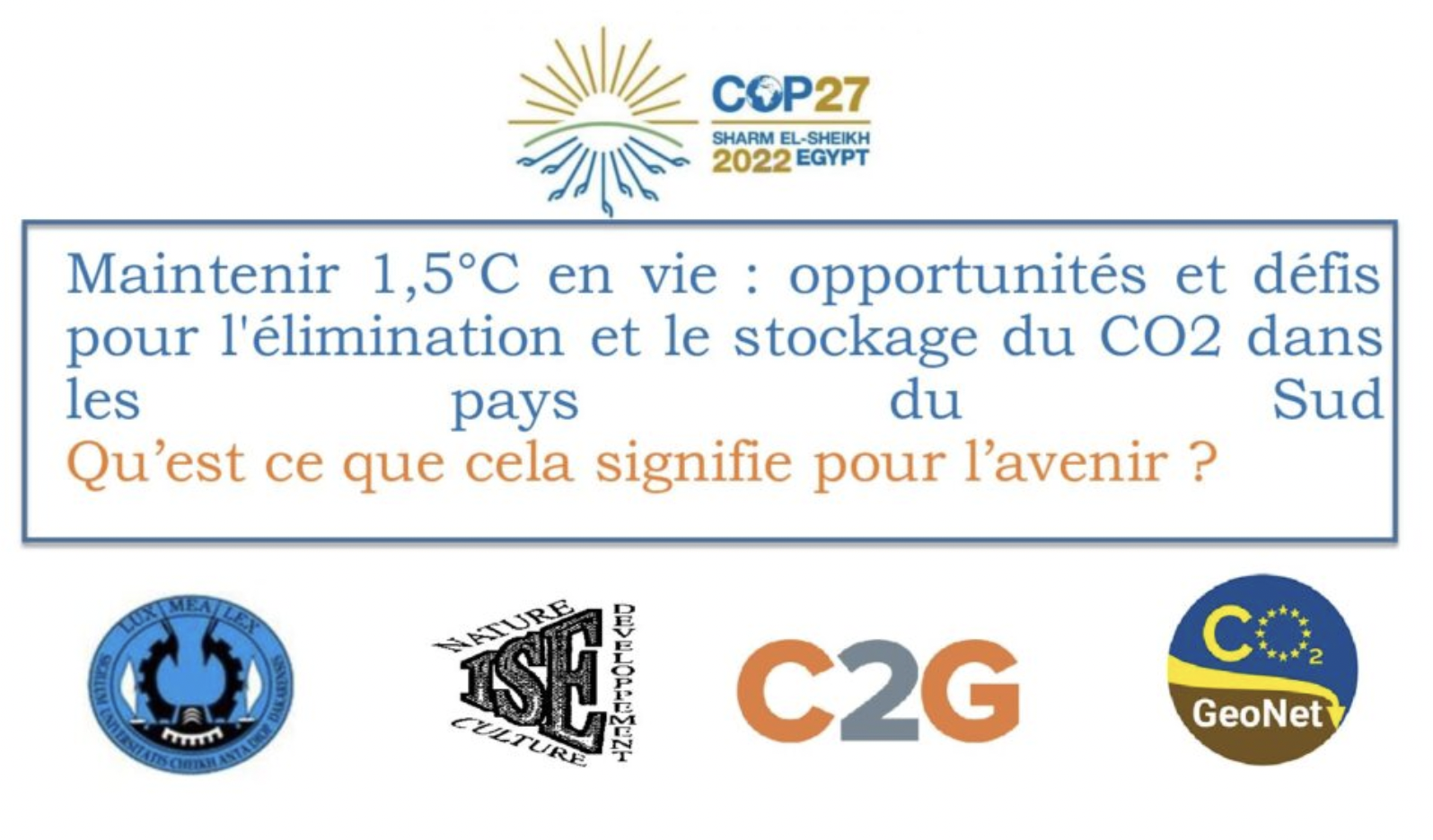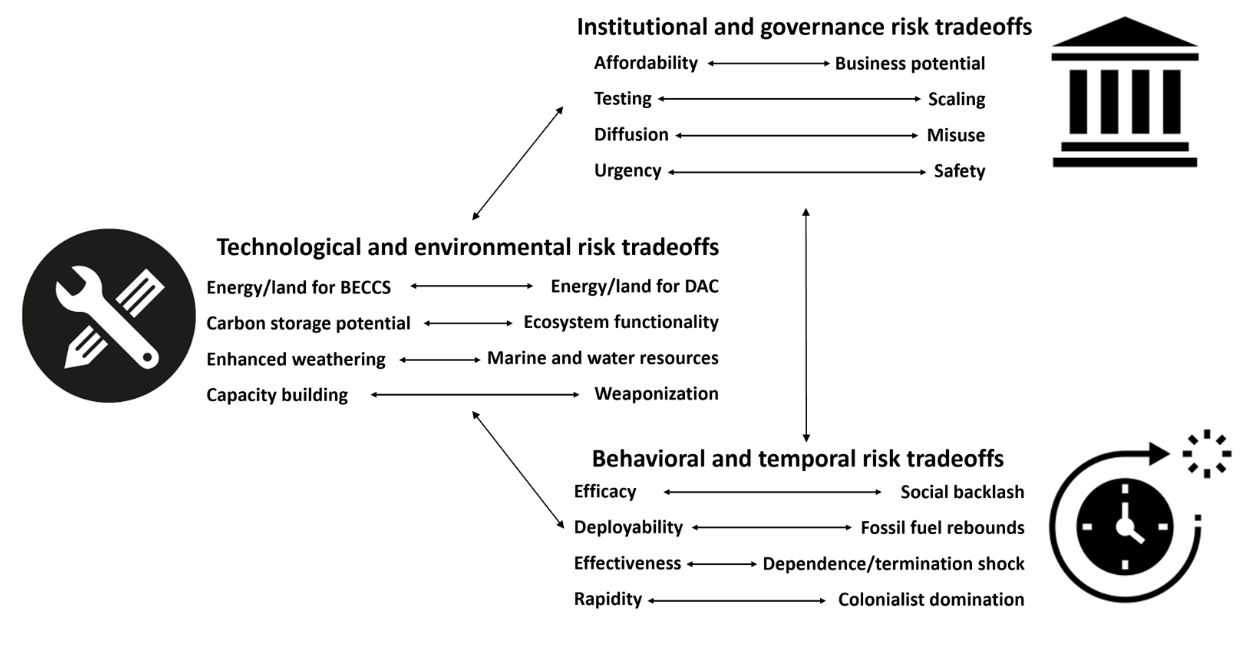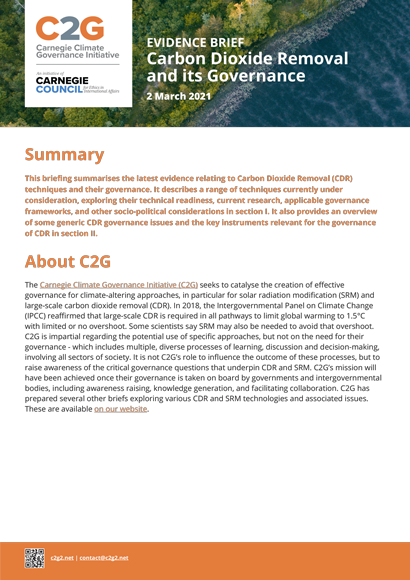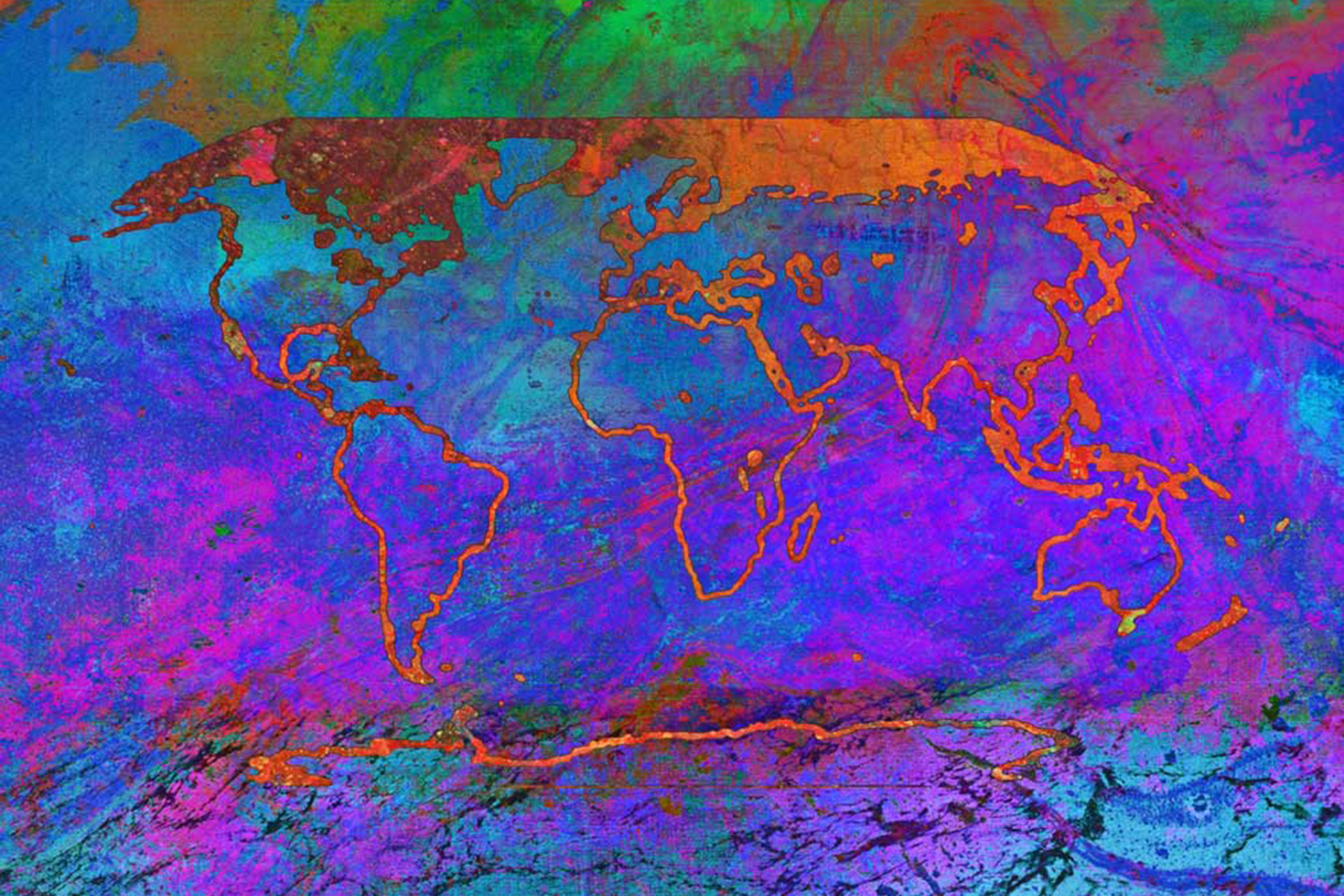Keeping 1.5C Alive: Opportunities & Challenges for CO2 Removal and Storage in the Global South
C2G and CO2 Geonet COP27 side event
9 November 2022
15:00 -16:30 GMT+2
Location: Room Memphis
After setting the scene on CDR and capture and storage, a panel of expert speakers will explore the role of removals in Asia-Pacific’s Nationally Determined Contributions (NDCs), the role of geological storage to meet the Paris Agreement temperature targets, the use of interactive tools to support the implementation of CDR measures in Latin America and the Caribbean, opportunities for large-scale CDR in Africa, some insights on the governance challenges of SRM and thoughts about SRM from a youth perspective.
Co-organized by the Carnegie Climate Governance Initiative (C2G) and CO2Geonet, the side event will be held during the Conference of the Parties 27 (COP27) in Room Memphis. The event can also be watched online via the UNFCCC events official playlist available here.
We encourage you to join what will be a fascinating and informative discussion!
Agenda
| Agenda item | Speaker |
| Opening remarks and introductions | Jean-Paul Adam, Director for Technology, Climate Change and Natural Resources Management, United Nations Economic Commission for Africa |
| Introduction to CDR and capture and storage and what the IPCC says about them | Thelma Krug, Vice Chair, IPCC |
| Role of removals in the NDCs of the Asia-Pacific region | Sangmin Nam, Director, Environment and Development Division, United Nations Economic Commission for Asia and the Pacific |
| Role of geological storage in meeting climate targets | Ceri Vincent, President, CO2GeoNet |
| Tools to support the implementation of CDR measures in Latin America and the Caribbean | Joseluis Samaniego, Chief of the Division of Sustainable Development and Human Settlements, United Nations Economic Commission for Latin America and the Caribbean |
| Opportunities for large-scale CDR in Africa | James Mwangi, Founder, Climate Action Platform for Africa and Executive Director, Dalberg Group |
| Governance challenges: how to guide the implementation of removals and storage? | Cheikh Sylla, Director of Cabinet, Ministry of Environment and Sustainable Development of Senegal |
| What does this mean for the future? | Adama Aicha Aida SAGNA, Master Student at the Institute of Environmental Sciences-Faculty of Science and Technology, Cheikh Anta Diop University of Dakar |
| Q&A | All |
| Closing remarks | Kai Uwe Schmidt, Senior Program Director, Carnegie Climate Governance Initiative (C2G) |
Speakers
Ceri Vincent, President, CO₂GeoNet
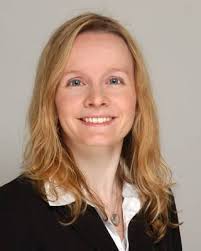 Ceri J Vincent graduated with an MSc in geophysics from the University of Leeds in 2000. She has worked at the British Geological Survey (BGS) on CO2 storage projects for over 19 years.
Ceri J Vincent graduated with an MSc in geophysics from the University of Leeds in 2000. She has worked at the British Geological Survey (BGS) on CO2 storage projects for over 19 years.
Ceri is science lead for the UK Energy Research Accelerator GeoEnergy Test Bed, a field laboratory designed to advance understanding of processes and impacts in the shallow subsurface and to refine tools and methodologies for monitoring CO2 storage sites.
Ceri is President of CO2GeoNet, the European Network of Excellence on the geological storage of CO2 (2019 – 2021). CO2GeoNet has observer status (RINGO) and Ceri has represented CO2GeoNet at the UNFCCC Conference of the Parties since 2015, including presenting and co-organising activities in order to communicate the key role for CO2 storage in meeting climate targets. Ceri is on the organising committee for the annual CO2GeoNet lighthouse event, the Open Forum, where the latest developments around geological storage of CO2 storage are presented and discussed by researchers, policy makers, project operators and representatives of think tanks and financial institutes.
Ceri’s CO2 storage research includes interpretation of geological and geophysical data for assessment and characterisation of potential storage sites at a range of scales (basin to reservoir) in the UK, China, South Africa and India (e.g. H2020 ENOS, H2020 SECURe, ACT SENSE, FP6 COACH, EuropeAid SAfECCS, China-UKNZEC, IEAGHG monitoring tools project and various commercial-in-confidence projects). Most recently, Ceri led the workpackage on ‘managing leakage risks for protection of the environment and groundwater’ for the H2020 ENOS (ENabling Onshore Storage) project.
Thelma Krug, Vice-Chair, Intergovernmental Panel on Climate Change
She was elected Vice-Chair of the Intergovernmental Panel on Climate Change (IPCC) for the Sixth Cycle of Panel (October 2015 – October 2022), after having been co-chair of the IPCC Task Force on National Greenhouse Gas Inventories from 2002 until 2015. She holds a PhD on Spatial Statistics from the University of Sheffield, UK. She has been Deputy National Secretary at the Secretary on Policies and Programs of Science and Technology at MCTIC; National Secretary at the Secretary on Climate Change and Environmental Quality from the Ministry of the Environment (MMA) and Director of the Department on Policies to Combat Deforestation under the Secretary of Climate Change and Forests at MMA.
For more than 15 years she has represented Brazil in the negotiations at the United Nations Framework Convention on Climate Change (UNFCCC), with particular focus on issues related to land use, land-use change and forestry (LULUCF); research and systematic observations; and reporting guidelines. Her main areas of interest are climate change and the role of deforestation, forest degradation and land-use change; REDD+; and national greenhouse gas inventories.
Jean-Paul Adam, Director for Technology, Climate Change and Natural Resources Management, United Nations Economic Commission for Africa
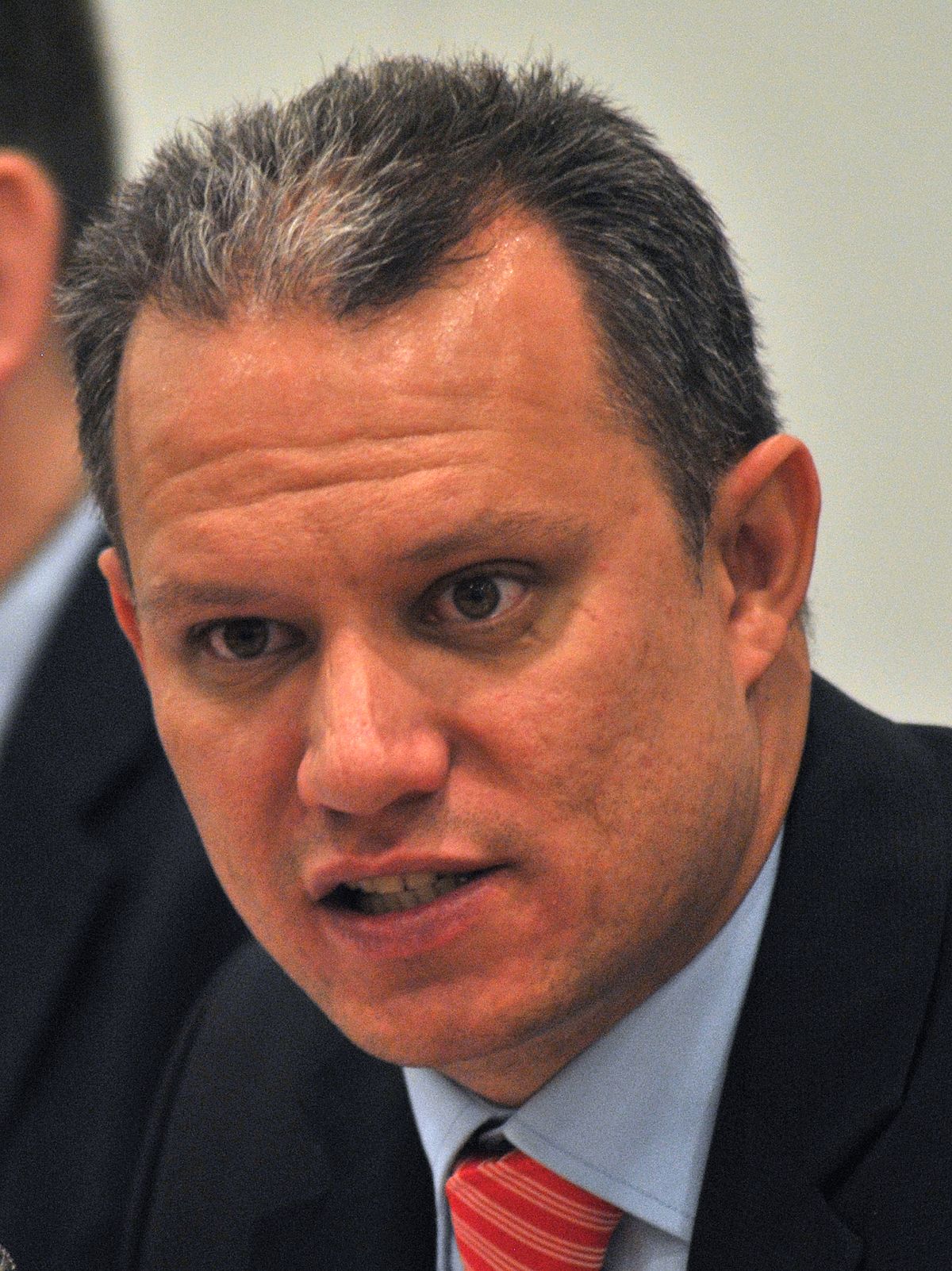 Jean-Paul Adam is the Director for Technology, Climate Change and Natural Resources Management in the United Nations Economic Commission for Africa. Prior to taking on this role, he served in the Government of the Republic of Seychelles in several Cabinet positions.
Jean-Paul Adam is the Director for Technology, Climate Change and Natural Resources Management in the United Nations Economic Commission for Africa. Prior to taking on this role, he served in the Government of the Republic of Seychelles in several Cabinet positions.
He was Minister of Health from 2016 to 2019. He served as Minister of Finance, Trade and the Blue Economy from 2015 to 2016 where he negotiated a debt for climate change adaptation swap and launched the process for Seychelles to become the first issuer of a Blue Bond. Between 2010 and 2014, he was Seychelles’ Minister of Foreign Affairs, where he advocated for countries to embrace the concept of the Blue Economy, to improve sustainability for island and coastal countries. Before entering the Cabinet, between 2005 and 2009, he occupied several senior roles in the Office of the President of the Republic of Seychelles including Director General for presidential affairs, Principal Secretary for the Office of the President and Secretary of state in the presidency. He started his career as a career diplomat in the Ministry of Foreign Affairs between 2001 and 2004.
He is a holder of a Masters in International Political Economy form the University of Manchester (UK) and a BA in English Literature and French from the University of Sheffield (UK).
Joseluis Samaniego, Chief of the Division of Sustainable Development and Human Settlements, United Nations Economic Commission for Latin America and the Caribbean
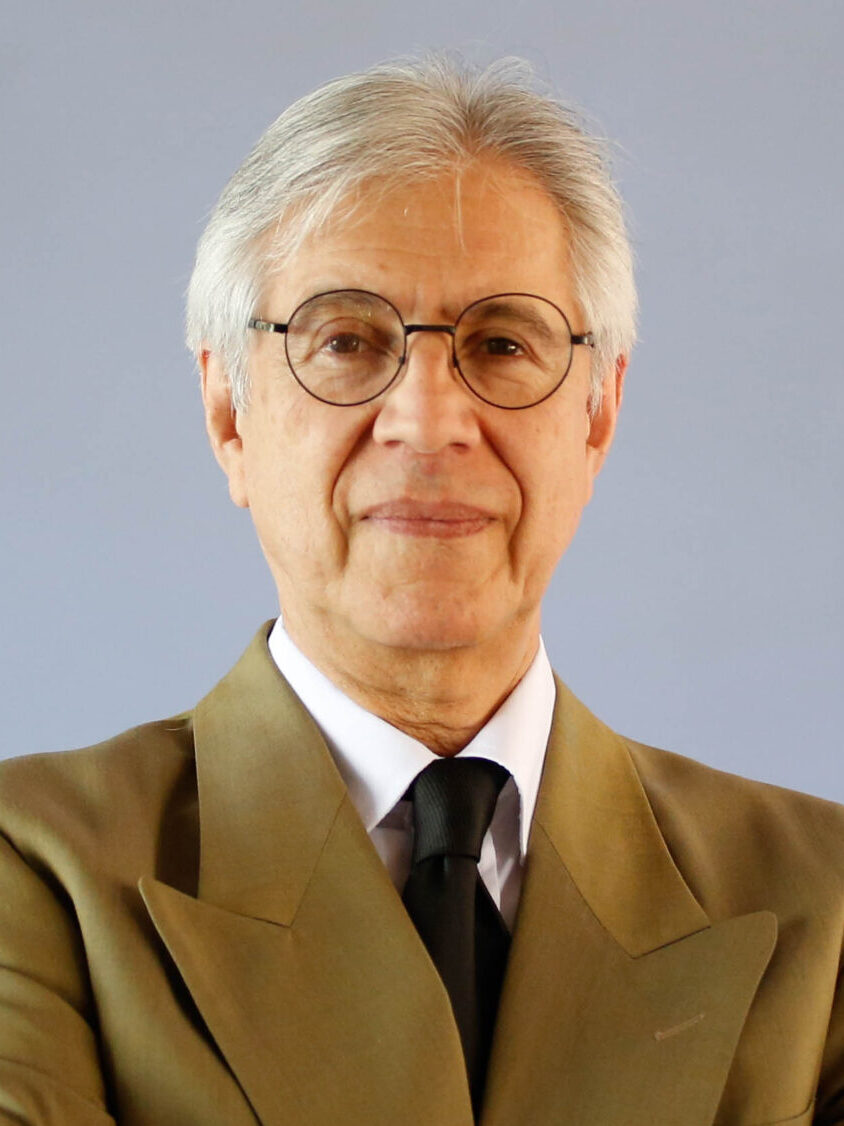 Since 2004, Joseluis Samaniego has been Director of the Sustainable Development and Human Settlements Division of the United Nations Economic Commission for Latin America and the Caribbean (ECLAC).
Since 2004, Joseluis Samaniego has been Director of the Sustainable Development and Human Settlements Division of the United Nations Economic Commission for Latin America and the Caribbean (ECLAC).
He was Director of the Sustainable Transport Centre of Mexico City, a programme jointly established by the Mexico City Ministry of Environment, the Interdisciplinary Centre for Biodiversity and Environment and the World Resources Institute.
He served as Coordinator of International Affairs of the Ministry of Environment, Natural Resources and Fisheries from 1994 to 2000. In this capacity, he participated in the negotiation of the Kyoto Protocol and the Biosafety Protocol. He represented Mexico in the North American Commission for Environmental Cooperation and before the OECD’s environmental policy committee.
He holds a PhD in Natural Resources from the Faculty of Economics of the Universidad Nacional Autónoma de México, a BA in Economics from the Universidad Autónoma Metropolitana, an MA in International Political Economy from the Universidad de las Américas and is a Fellow of the International LEAD Programme of the Colegio de México.
He is author and co-author of several publications on climate change, including the ECLAC book “La emergencia del cambio climático en América Latina y el Caribe” (The emergency of climate change in Latin America and the Caribbean).
Kai-Uwe Barani Schmidt, Senior Program Director, Carnegie Climate Governance Initiative (C2G)
Kai-Uwe Barani Schmidt builds on more than 20 years of international and senior level working experience including at the executive office of the secretary-general of the United Nations, at the secretariat to the United Nations Framework Convention on Climate Change, at the World Bank Institute, and independent senior advisory work.
As a senior member of the secretary-general’s Climate Change Support Team, Schmidt contributed to the coordination of the global climate change summit in 2009 and was part of the secretary-general’s team at UNFCCC negotiations in Copenhagen. In the lead-up to and during the landmark Paris climate change agreement in 2015, he led the team’s work on the global climate action agenda, initiated by the secretary-general at his 2014 summit, that mobilized thousands of companies, hundreds of cities, and sub-national authorities in collaboration with governments, the UN, IGOs, and NGOs.
Over the last few years, Schmidt has contributed to the launch of the Initiative for Climate Action Transparency (ICAT). This initiative aims to build a best practice for guidance, tools, and capacity of governments and sub-national authorities to measure the effects of their policies with regard to climate change and the other UN SDGs and report progress publicly, thus fostering greater transparency, effectiveness, and trust, enabling innovative financing and ambition in climate policies worldwide.
Schmidt’s experience has covered public policy design, regulatory design, and implementation of global emissions trading and offset instruments. He has coordinated high-level events, navigating the interface of international negotiations with private sector, intergovernmental, and non-governmental organizations focusing on private sector engagement in climate change and development action at international, national, sub-national, city, and company/NGO levels. In addition, Schmidt’s experience has covered institutional build-up and management of both resources and people.
James Mwangi, Executive Director, Dalberg Group
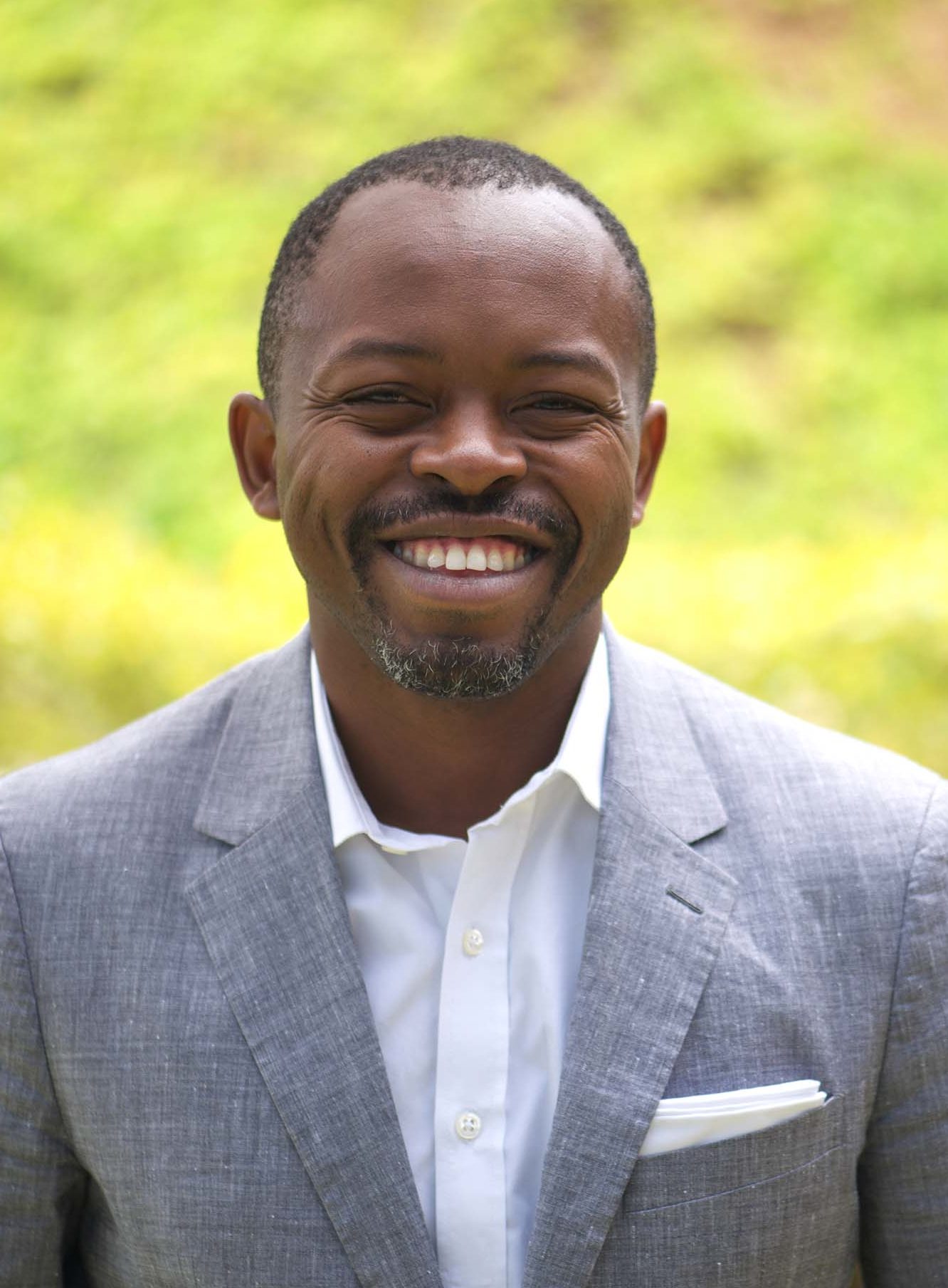 James Mwangi is the Executive Director of the Dalberg Group, a global collection of impact-driven businesses that work to build a more inclusive and sustainable world where all people, everywhere, can reach their fullest potential. James joined Dalberg as a founding member in 2002, started Dalberg’s first Africa office (Johannesburg) in 2007, and subsequently served as Global Managing Partner of Dalberg’s consulting business, guiding the formalization of its structure and governance as a global firm.
James Mwangi is the Executive Director of the Dalberg Group, a global collection of impact-driven businesses that work to build a more inclusive and sustainable world where all people, everywhere, can reach their fullest potential. James joined Dalberg as a founding member in 2002, started Dalberg’s first Africa office (Johannesburg) in 2007, and subsequently served as Global Managing Partner of Dalberg’s consulting business, guiding the formalization of its structure and governance as a global firm.
Since 2014, James has served as Executive Director of the Dalberg Group, supporting the growth of new businesses, and coordinating the efforts of all Dalberg entities in pursuit of a shared mission. In that role he has overseen the acquisition or incubation of 6 businesses that are today integral parts of the Dalberg Group operating from locations in 24 countries around the world and employing over 600 professionals.
James is a 2009 Archbishop Tutu Leadership Fellow of the African Leadership Institute, a 2013 Young Global Leader of the World Economic Forum and a member of the Young Presidents Organization. He currently serves on the boards of the Skoll Foundation, One Acre Fund, Old Mutual and the Nairobi International Financial Centre Authority. He holds a degree in economics from Harvard University.
Cheikh Sylla, Director of Cabinet, Ministry of Environment and Sustainable Development of Senegal

Mr. Cheikh Ndiaye Sylla
Former Head of Cabinet, Ministry Environment and Sustainable Development (MEDD), Mr. SYLLA is an environmental engineer, with 40 years of experience, before being Head of Cabin MEDD, Mr. SYLLA was at the Prime Minister’s Office as Environmental Technical Advisor. He held the post of Director of the Environment and Classified Establishments, a position that led him to be Senegal’s climate focal point, leading the climate negotiations in which he participates, as in sustainable development issues and negotiations, since 1992. He chaired Conferences of the Parties, including Vice_President COP 21-Climate, Ozone, POP, IFCS. He has represented Africa at some mechanisms and funds: Clean Development Mechanism, Adaptation Fund, GEF, GCF. He chaired the National Conferences on Sustainable Development of Senegal (2016 and 2018). He has conducted numerous studies on the environment, sustainable development, and the implementation of international conventions. Currently, he also serves as GCF Board Member representing the African group.
Sangmin Nam, Director, Environment and Development Division, United Nations Economic Commission for Asia and the Pacific
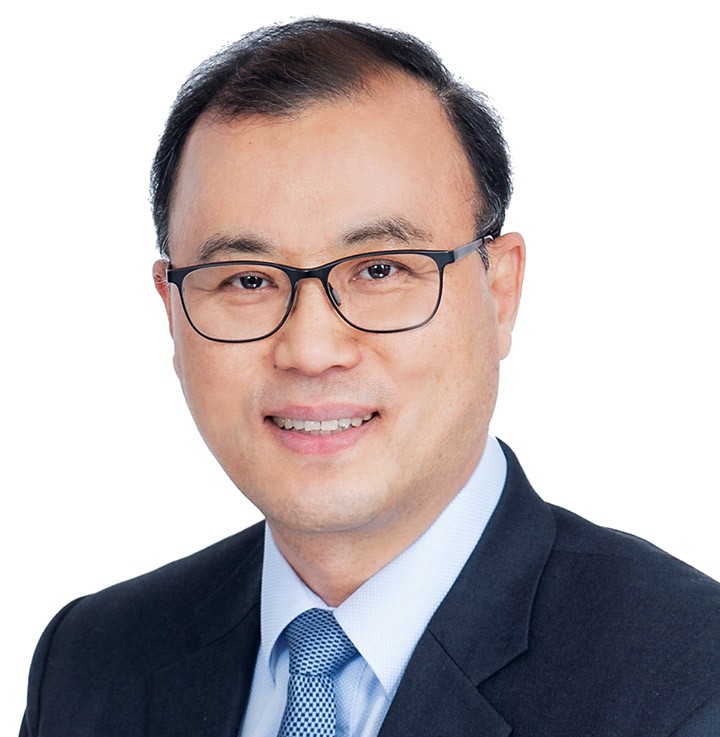 Dr. Nam currently works as the Director, Environment and Development Division of ESCAP. Prior to taking up the current assignment, he served as the Deputy Head, UNESCAP East and North-East Asia Office (2013-2022), and Environmental Affairs Officer at the UNESCAP Headquarters and ENEA Office (2005-2013).
Dr. Nam currently works as the Director, Environment and Development Division of ESCAP. Prior to taking up the current assignment, he served as the Deputy Head, UNESCAP East and North-East Asia Office (2013-2022), and Environmental Affairs Officer at the UNESCAP Headquarters and ENEA Office (2005-2013).
Before joining the UN, he taught at Hanyang University in Seoul, served as an expert member and subcommittee coordinator of the Presidential Commission on Sustainable Development of the Republic of Korea, and worked with Green Korea United, a leading environmental NGO in the ROK as a founding member and the manager of programme and policy.
He also held visiting researcher positions at Chulalongkorn University, Australian National University and University of Washington, and worked with Korean media as an overseas correspondent of a Korean weekly newsmagazine, covering sociopolitical issues in Asia and the Pacific, and an environmental commentator for national radio programmes (KBS and EBS) in the ROK. Dr. Nam obtained a PhD degree in the field of international environmental governance from University of Melbourne, Australia.
Adama Aicha Aida SAGNA, Master Student at the Institute of Environmental Sciences-Faculty of Science and Technology, Cheikh Anta Diop University of Dakar
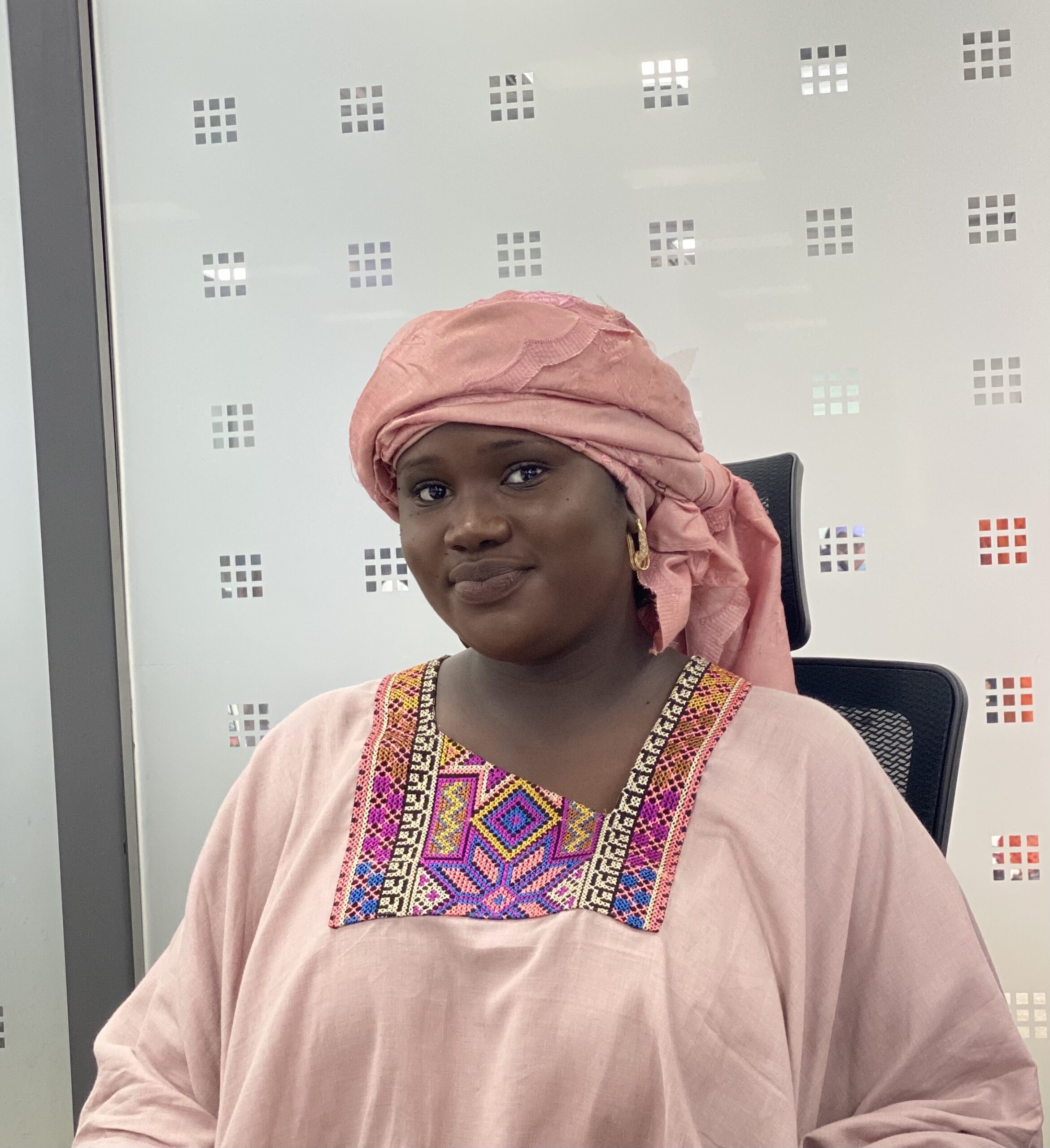 With a bachelor’s degree in Technical Engineering of Sustainable Development and Environmental Management, Aicha is currently a Master’s research student in Ethics and Governance Social and Environmental Responsibility at the Institute of Environmental Sciences at Cheikh Anta DIOP University in Sénégal. In her current company, Aicha is a member of the sustainable development department in the low carbon innovations pole.
With a bachelor’s degree in Technical Engineering of Sustainable Development and Environmental Management, Aicha is currently a Master’s research student in Ethics and Governance Social and Environmental Responsibility at the Institute of Environmental Sciences at Cheikh Anta DIOP University in Sénégal. In her current company, Aicha is a member of the sustainable development department in the low carbon innovations pole.